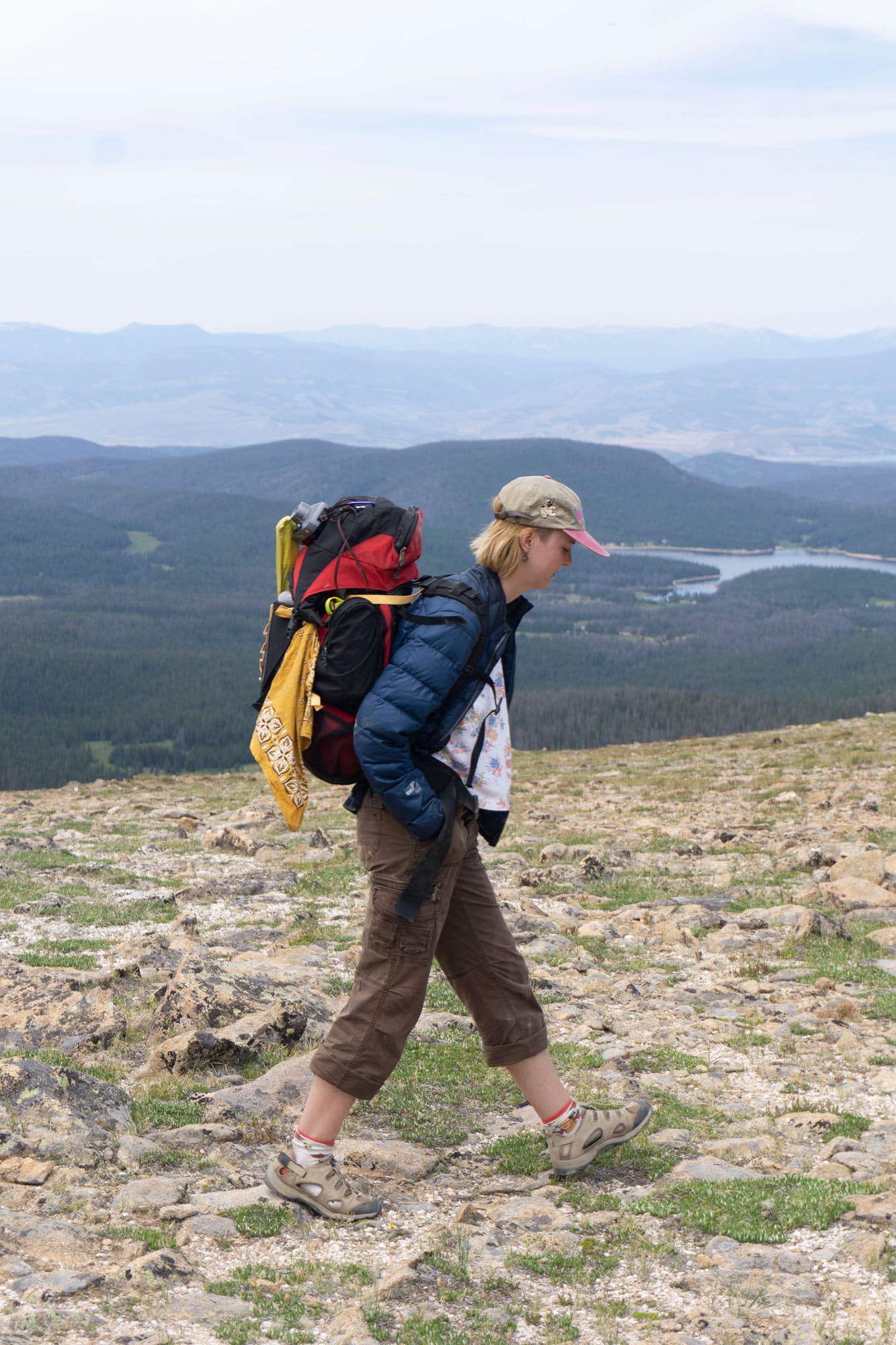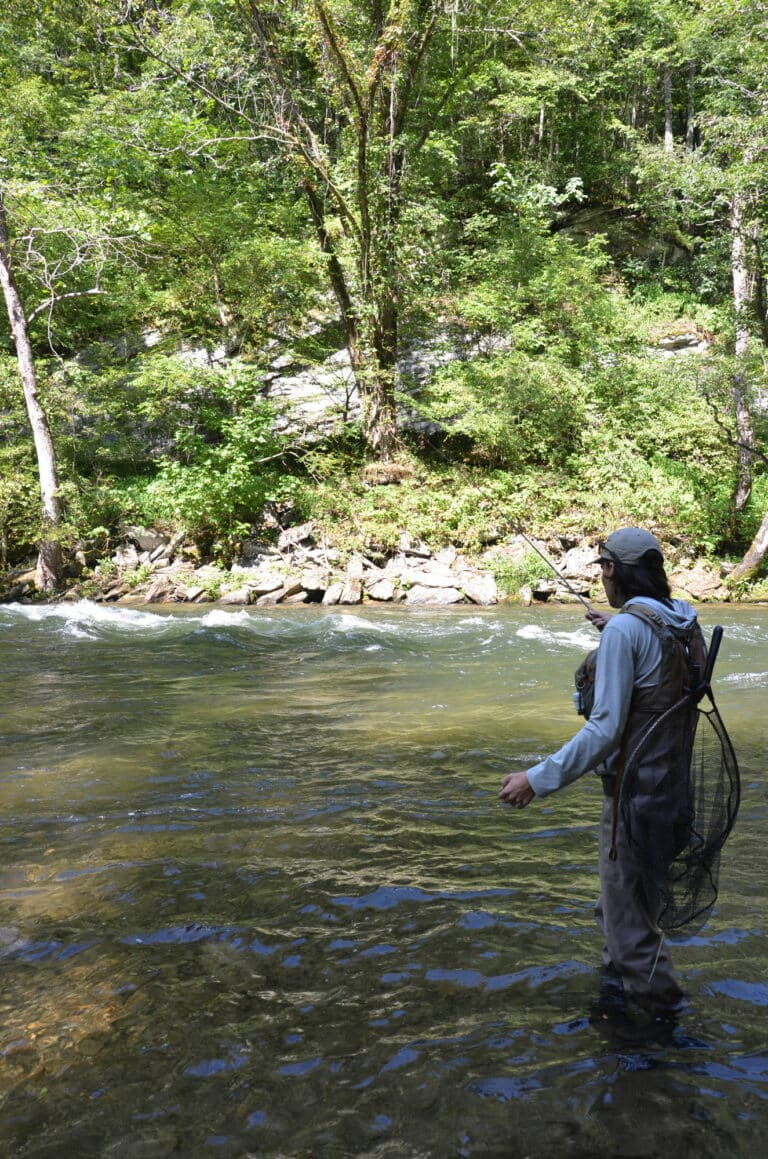Backpack too heavy? It’s time to conduct a gear shakedown. An A.T. thru-hiker tells us how it’s done.
Every pocket in my 45-liter backpack bulged. I could barely buckle the top of the bag, and when I lifted it, I had to pull the gargantuan frame up to my thigh and slither the pack around my shoulders. Lugging this heavy monster from Georgia to Maine on the Appalachian Trail seemed impossible, but fortunately, I soon learned it didn’t have to be this way.
After a few short days on the trail, I slipped into Mountain Crossings, a popular outdoor retailer along the A.T. A helpful employee looked at my pack with pity in his eyes and told me he’d give me a “shakedown.” He explained that it can be difficult to part ways with gear that you’ve categorized as essential. But sometimes a fresh set of eyes can help you cut down pack weight.
We pulled everything out of my pack, and I watched in horror as he moved extra clothing and gear items to the side. I was convinced that sending anything home would certainly result in discomfort down the line. But when everything was said and done, my pack was about eight pounds lighter, and I felt more equipped to keep hiking.
Not everyone has access to an expert, but conducting a shakedown on your own gear is easier than you think. Here’s where to start:
Pick the Right Clothes
When it comes to clothes, focus on bringing the right products without unnecessarily duplicating items. You probably don’t need two sets of anything except socks. Leave your extra underwear at home. Instead, bring a pair of shorts or pants with an internal liner and a single pair of wool (antimicrobial) underwear. Also, consider leaving your camp shoes at home or making an extremely ultralight pair out of insoles and paracord.
While being selective, pack items made of wool, polyester, or nylon. There’s a reason hikers say “cotton kills.” It’s highly absorbent and, if you end up saturated while wearing cotton, it isn’t terribly difficult to slip into hypothermia.
Get a Little Dirty
New hikers often operate under the assumption that it’s possible to maintain a high level of hygiene while on trail, but when you’re wandering in the woods for days, why not save the pack weight and embrace the grime? Long-distance backpackers typically don’t carry these items:
• Deodorant: Sorry to break it to you, but hikers are destined to stink.
• Face Wash: Most face washes are not biodegradable, so they’re not great for the environment. To clean yourself up at the end of the night, you can always bring baby wipes (and pack them out).
• Soap: Hikers are often split on this item. Some of them carry a multi-use castile soap for shower and laundry days. But typically when you go into a town for zero days, soap is available in the shower and at the laundromat, which makes carrying it unnecessary.
Ditch Unnecessary Items
Depending on the time of the year that you head out for a backpacking trip and the trail that you’re hiking, these are items that you may be able to leave at home.
• Bear spray: If you expect to hike in grizzly country, carrying bear spray is prudent and maybe even necessary. But in the Blue Ridge, dangerous black bear encounters are statistically very rare.
• GPS trackers: Many trails on the East Coast are close enough to civilization that a standard cellphone is operational as long as you’re not in a valley.
• Solar chargers: Unless you’re hiking in the desert, solar chargers are usually not effective enough to do anything more than maintain a charge.
When you feel like you’ve dialed in the perfect backpacking system, take it out on a “shakedown hike,” to see how everything performs. Chances are you’ll find additional items to eliminate.
Cover photo courtesy of the author








